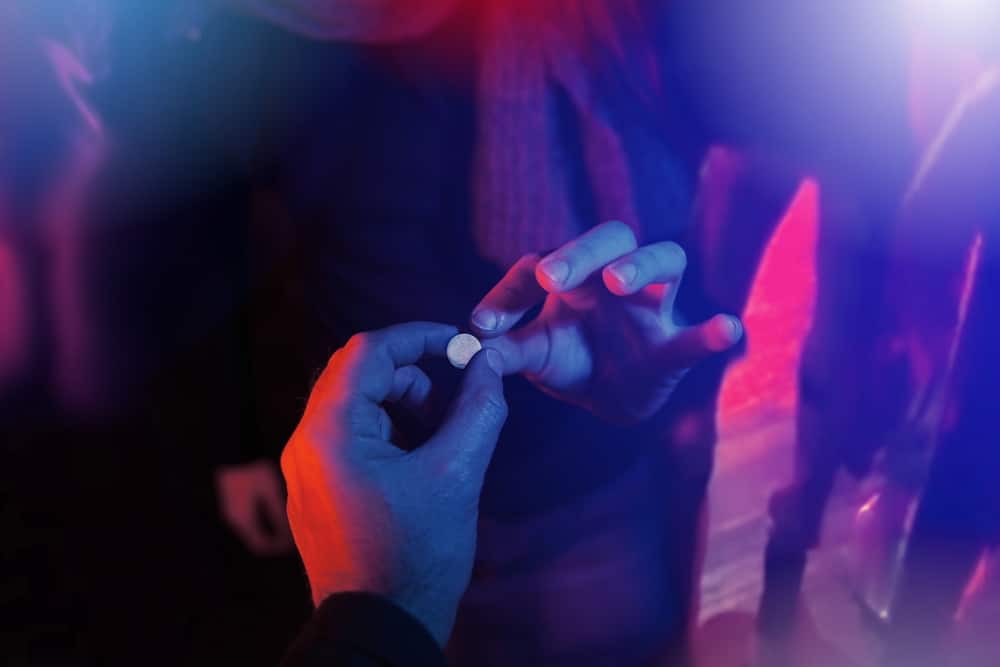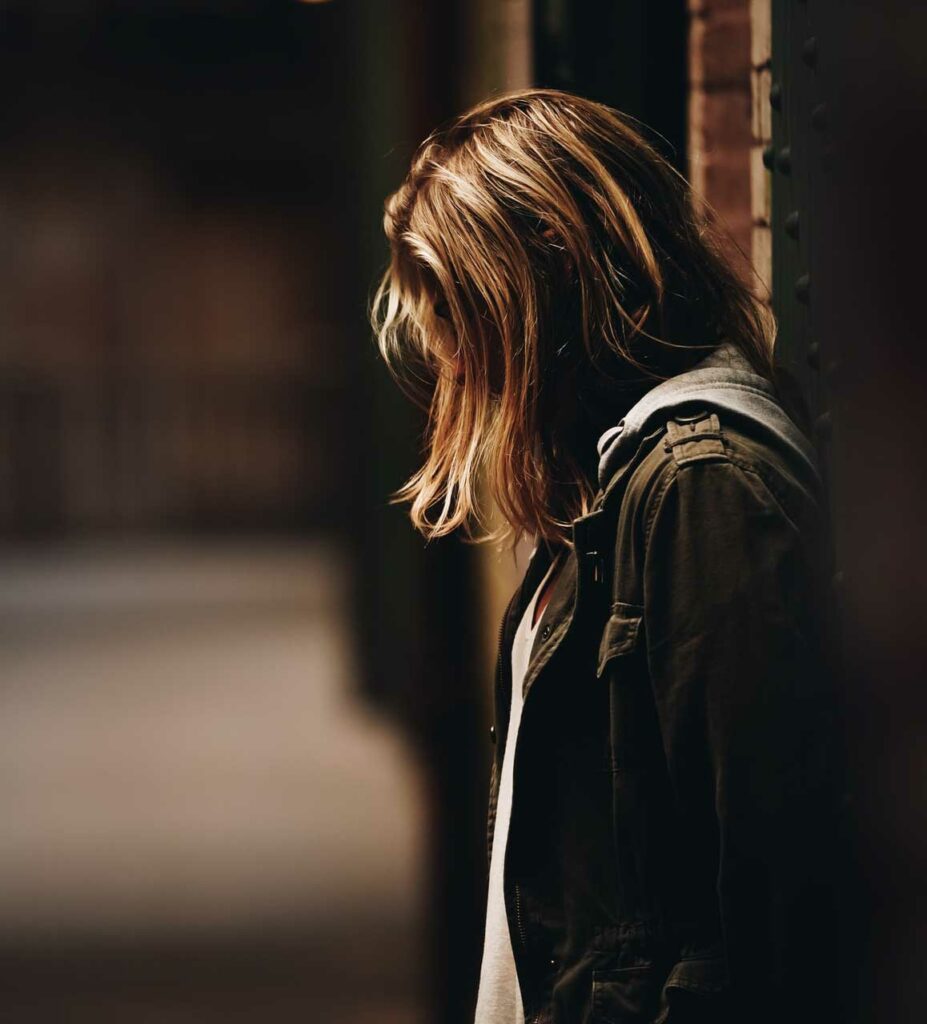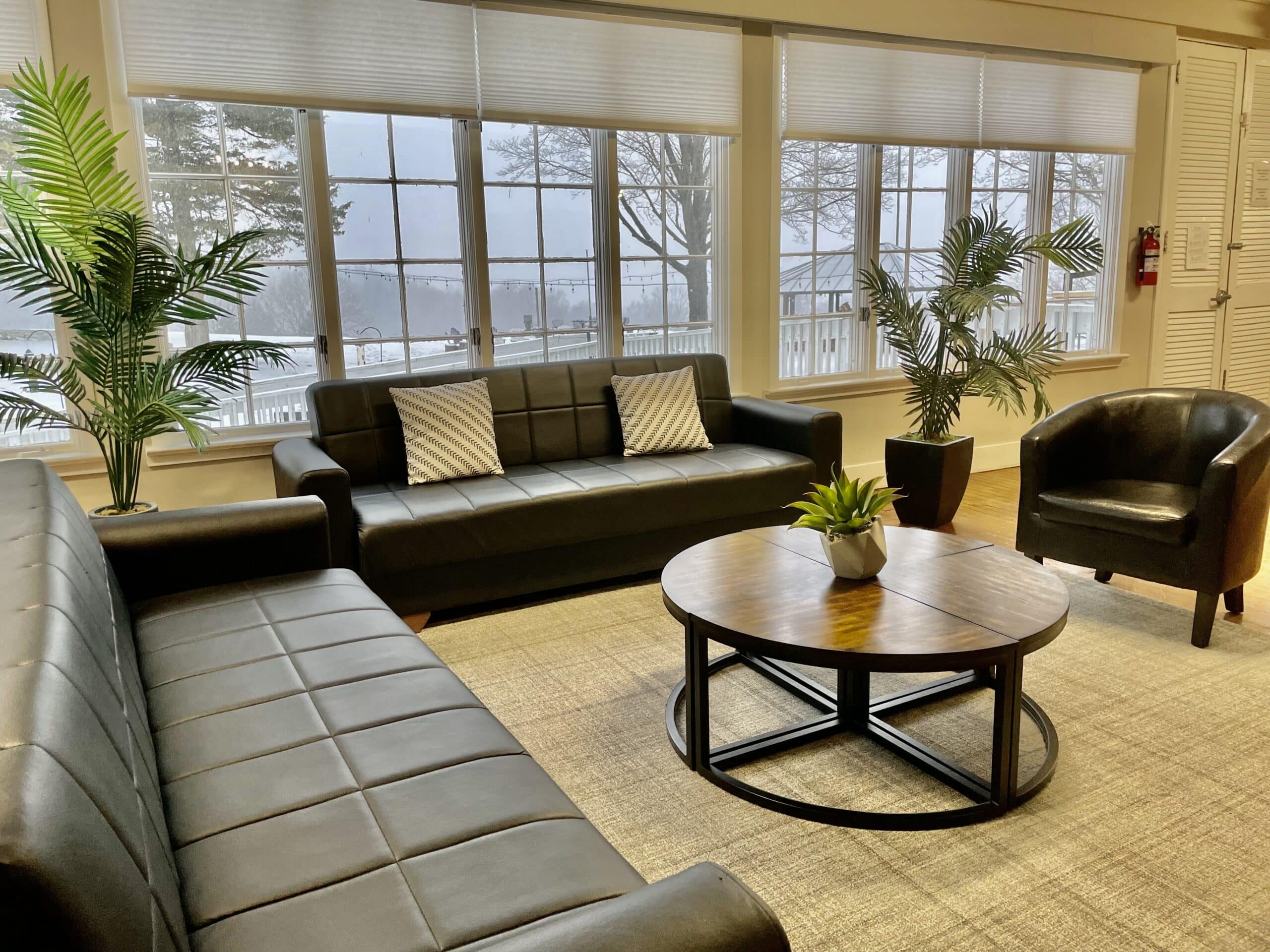Club Drugs & Addiction
Home » What We Treat » Substance Abuse Treatment » Club Drugs

Substance Abuse
Club Drug Addiction
Substance Abuse
What are club drugs?
Drug Effects
- Psychotic-like episodes
- Distortions in time and perception
- Difficulties in communicating
- Altered perception of reality
- Respiratory depression
- Heart rate abnormalities
We are Standing by Day or Night to Help.
Request a Confidential Callback 24/7

Club Drug Addiction
Signs of Abuse
Full Spectrum of Programs and Services
We Treat the Person, Not the Diagnosis.
Our holistic approach is designed to restore balance, and re-calibrate the mind, body and spirit through a combination of masterfully-planned clinical sessions and extraordinary experiential experiences.
Our programs are licensed by the Pennsylvania Department of Human Services and the Drug and Alcohol Programs of Pennsylvania and offer an on-site Psychiatrist five days each week, two 1-on-1 sessions weekly with masters-level clinicians, group therapy daily, relapse prevention through exposure therapy, seasoned mental health professionals and so much more.
Club Drug Addiction
Withdrawal Effects

MDMA has some consistent, though mild, withdrawal symptoms, including:
Rohypnol withdrawal symptoms include:
GHB withdrawal symptoms include severe versions of:

Substance Abuse
Treatment for Club Drug Addiction
A range of treatments including medicines and behavioral therapies are effective in helping people stop use of club drugs. It’s important to match the best treatment approach to meet the needs of each individual patient. Medically supervised detoxification may be required depending on duration and intensity of use.
Get Financial Assistance
We Accept Most Major Insurance
Many insurance plans cover the cost of Water Gap Wellness Center’s treatment plans – Mental Health and Alcohol and Drug Rehab. Although Water Gap Wellness Center accepts benefits from most major insurers, it is essential to verify coverage before admission. Your admission counselor partners with you to determine coverage and benefits from companies like Aetna, BCBS, Cigna, UHC, UMR, Humana, Magellan, Horizon, etc.













